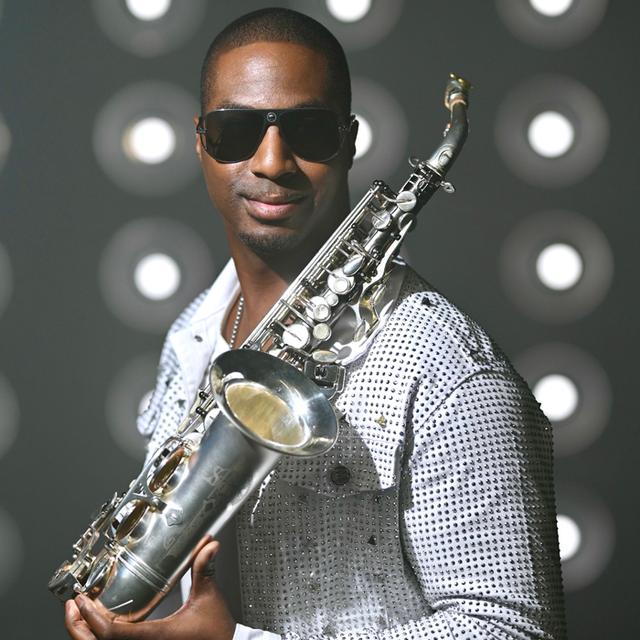Sell tickets with us!
Have an upcoming event? Our full service event ticketing and marketing system will help you sell your tickets with ease!
Learn MorePatron Software Built-in
Imagine your marketing tools, analytics, geographics and demographics all in one tool. Patron Dev for desktop and mobile.
Learn MoreMobile apps
Sell tickets at the door, check patrons in, locate lost orders and more with our mobile apps for phone and tablets.
Learn More











